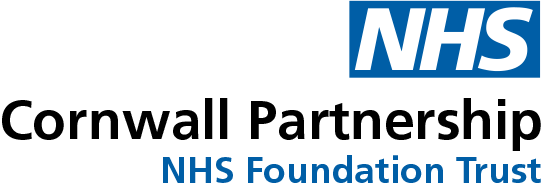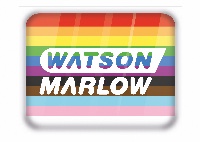
Discovering and acknowledging one's sexual orientation or gender identity can be a complex process. As a parent, knowing how to respond can be just as complex. Here's a guide on how to approach this potentially life-changing conversation, demonstrating your unwavering love and support, regardless of whether your child identifies as gay, lesbian, bisexual, transgender, or is questioning their identity.
1. Be Prepared for the Conversation
Before your child comes out, educate yourself about different sexual orientations and gender identities. Understand the spectrum that is human sexuality and gender identity and know that these are inherent traits, not a choice or a phase. This knowledge will help you respond appropriately, showing your child that you have taken the time to understand their experience.
2. Respond with Empathy and Affirmation
Coming out takes courage. When your child comes out to you, whether as gay, lesbian, bisexual, or transgender, it's important to respond with empathy, kindness, and immediate affirmation. Start by acknowledging their bravery and expressing your unconditional love. Statements like "I love you no matter what," "I'm proud of you for being true to yourself," or "Thank you for trusting me with this" can provide immediate reassurance and comfort.
3. Ask Open-Ended, Respectful Questions
If your child is comfortable discussing further, ask open-ended questions that show respect for their journey. This might include asking how they feel, how long they've known about their identity, or if there's anything they need from you right now. It's important to let them lead the conversation and share what they feel comfortable sharing.
4. Be Careful with Your Language
Avoid making assumptions about your child's experiences or identity. Remember that being gay, lesbian, or bisexual is not a phase, and it's crucial to affirm this. If your child identifies as transgender or is questioning their gender, use their chosen name and pronouns. If you accidentally use the wrong pronouns or name, correct yourself and move forward.
5. Respect Their Coming Out Journey
Everyone's coming out journey is unique, and the pace should be controlled by the individual. Respect your child's decisions about when, where, and how they come out to others. Offer your support but don't share their news with others unless they have given you explicit permission to do so.
6. Provide Ongoing Support
Coming out isn't a one-time event. It's a process that requires ongoing support. Reiterate your love and support, and ensure your home remains a safe and accepting space. Be proactive in seeking resources, such as books, websites, and local support groups, to further educate yourself and your family.
7. Seek Professional Help if Needed
Some children may experience significant distress or confusion during this time. If necessary, seek help from professionals such as psychologists, counselors, or other health professionals experienced in LGBTQIA+ issues. They can provide essential support and resources for both you and your child. Cornwall Pride can offer support. See our Support for LGBTQIA+ page.
In conclusion, the most vital role of a parent is to offer unconditional love and support. When your child comes out, it's an invitation for you to step into this role fully, embracing their truth with understanding and acceptance. This response not only strengthens your relationship with your child but also reinforces their self-esteem and resilience as they navigate their unique journey.
Please help us deliver essential support services for LGBTQ+ communities in Cornwall
We rely on donations, partner organisations and fundraising at Pride events to operate our support services. Thank you.
Cornwall Pride is a registered charity. 1191003




